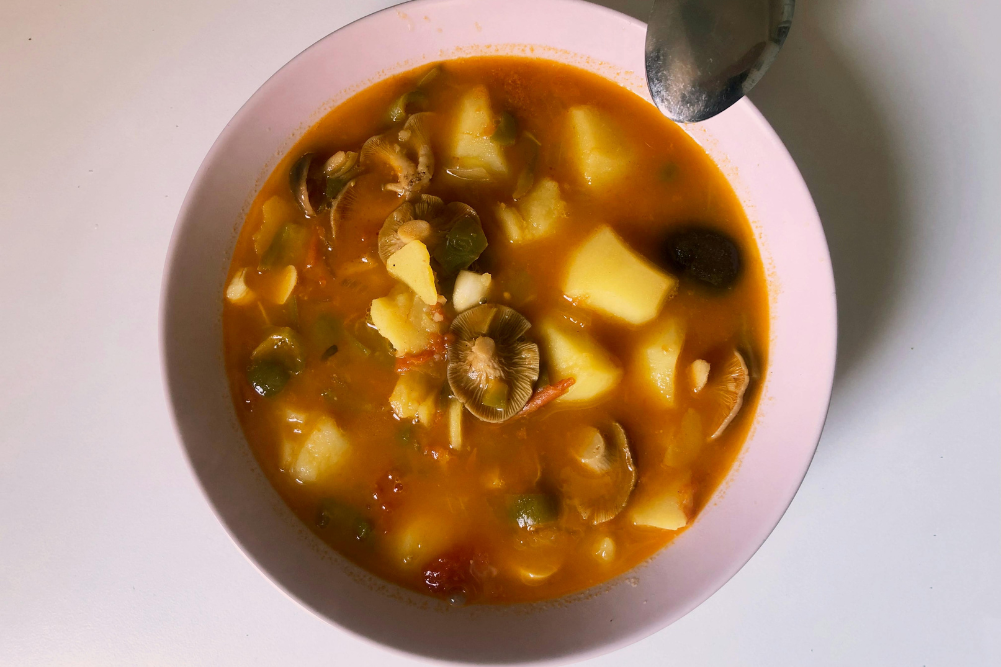Spinach reduces appetite
There has been confusion in Australia between silver beet (Beta vulgaris) and English spinach (Spinacea oleracea) but, as their species names tell you, they are two quite distinct plants although they do belong to the same family along with beets. Today we are talking about English spinach and the very popular “baby spinach†that is simply the leaves of English Spinach that are picked while they are still young. The reason why we are talking about spinach today is a surprising new effect of spinach coming from a largely unknown spinach ingredient.
Despite being known as English Spinach, this plant is thought to have originated in the Middle East. Spinach appeared in China during the 7th century CE and was taken to Europe around 400 years later. By the 16th century spinach was entrenched in European cuisine and was the favourite vegetable of Catherine de Medici. When Catherine left her home of Florence, Italy, to marry the king of France, she brought along her own cooks, who could prepare spinach the ways that she preferred them. Since this time, dishes prepared on a bed of spinach are referred to as “a la Florentineâ€.
Nutritionally, in spinach you get fibre, protein, vitamin K, vitamin C, iron, betacarotene and nitrate (which improves blood flow). In the new study however, it is a group of substances from spinach known as thylakoids that have been the focus. A thylakoid is a membrane-bound compartment found inside chloroplasts in plant cells.
For the study the human subjects who were either overweight or obese were given a concentrated extract of spinach thylakoids. The subjects were given either the spinach extract or a placebo in random order at least a week apart. Using blood samples their blood fat and blood glucose levels were measured before a normal breakfast followed by a dose of the extract (or placebo) and standard lunch four hours later. After another four hours pizza was served and throughout the intervening time various blood tests and responses were gathered.
The results showed that the thylakoids increased satiety over a two hour period compared to placebo. There were no differences in plasma fats and energy intake at dinner but males did show a trend towards decreased energy consumption. This fits with previous research showing that thylakoids suppress appetite by increasing the hormone cholecystokinin.
It seems that despite sounding like they should be in an episode of Doctor Who thylakoids might also be the doctor who keeps you thin.







